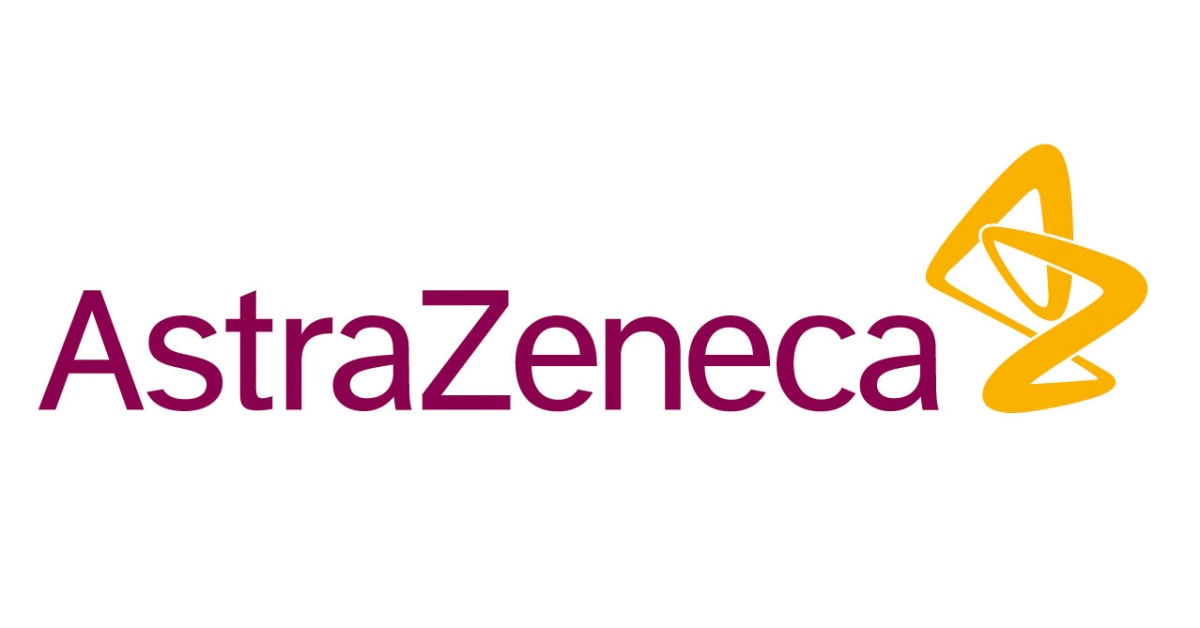AstraZeneca and HUTCHMED’s Orpathys (savolitinib) has been granted conditional approval in China to treat patients with non-small cell lung cancer (NSCLC) with MET exon 14 skipping alterations who have progressed following prior systemic therapy or are unable to receive chemotherapy.
This approval follows a priority review designation by the Center for Drug Evaluation of China’s National Medical Products Administration (NMPA) and marks the first global regulatory approval for the oral, potent, and highly selective MET tyrosine kinase inhibitor (TKI).
More than a third of the world’s lung cancer patients are in China and, among those with NSCLC, approximately 2-3% have tumours with MET exon 14 skipping alterations, a targetable mutation in the MET gene.1-3 This mutation is more common (13-22%) among patients with pulmonary sarcomatoid carcinoma (PSC), a rare and aggressive subtype of NSCLC usually resistant to chemotherapy.1,4
The approval by the NMPA was based on positive results from a single-arm Phase II trial conducted in China in patients with NSCLC with this mutation, including patients with the PSC subtype. Orpathys demonstrated robust anti-tumour activity based on an independent review of objective response rate (ORR) in the trial’s primary endpoint and its disease control rate (DCR). Continued approval is contingent upon the successful completion of a confirmatory trial in this patient population.
Dave Fredrickson, Executive Vice President, Oncology Business Unit, said: “This approval makes Orpathys the only targeted medicine approved for these biomarker-selected patients in China, and it adds another novel medicine to our already diverse lung cancer portfolio. We are proud that this first-ever regulatory approval of Orpathys is in China, where we have a long-standing commitment to improving patient outcomes and working with the right partners to achieve that goal. Alongside HUTCHMED, we look forward to the continued development of this medicine across a range of cancers where MET alterations and amplification are drivers of tumour growth and treatment resistance.”
Christian Hogg, Chief Executive Officer, HUTCHMED, said: “It is with great pleasure that today we announce the first regulatory approval of Orpathys globally, HUTCHMED’s third self-discovered oncology drug to be commercialized. Our collaboration with AstraZeneca in 2011 has been an important driver in the development of this novel targeted oncology drug, involving both a China-based biotech and a global pharmaceutical company. This approval is a testament to the perseverance and scientific ingenuity of this long-standing alliance, and we are hopeful that this is only the beginning of the progress we can achieve for patients with MET-altered tumours.”
In the Phase II trial, at a median follow up of 17.6 months, Orpathys demonstrated an ORR of 42.9% (95% confidence interval [CI] 31.1-55.3) and median progression-free survival (PFS) of 6.8 months (95% CI 4.2-9.6) in the overall trial population. PFS was clinically meaningful across subgroups, and ORR results were consistent regardless of prior treatment or tumour histology, including in patients with the PSC subtype (40.0%, 95% CI 21.1-61.3) and patients with other NSCLC subtypes (44.4%, 95% CI 29.6-60.0). DCR in the overall trial population was 82.9% (95% CI 72.0-90.8).
The safety and tolerability profile of Orpathys was consistent with previous trials, and no new safety signals were identified. Most adverse events (AEs) were Grade 1–2 and resolved with dose modification or discontinuation. Grade 3 or higher AEs occurred in 45.7% of patients, and treatment-related serious AEs occurred in 24% of patients. One treatment-related death was reported from tumour lysis syndrome in a patient with PSC.
Results from the Phase II trial were presented during the American Society of Clinical Oncology ASCO20 Virtual Scientific Program in May 2020, and updated results were published in The Lancet Respiratory Medicine in June 2021.
As part of the joint global development programme with HUTCHMED, Orpathys is being evaluated in combination with Tagrisso and other medicines to address tumour mechanisms of resistance in NSCLC in the ORCHARD and SAVANNAH Phase II trials for the combinations to provide longer duration of benefit, and as a treatment for other MET-driven tumours, including papillary renal cell carcinoma, and gastric and gastroesophageal junction cancers.

 This approval follows a priority review designation by the Center for Drug Evaluation of China’s National Medical Products Administration (NMPA) and marks the first global regulatory approval for the oral, potent, and highly selective MET tyrosine kinase inhibitor
This approval follows a priority review designation by the Center for Drug Evaluation of China’s National Medical Products Administration (NMPA) and marks the first global regulatory approval for the oral, potent, and highly selective MET tyrosine kinase inhibitor









.jpeg)

.jpg)


.jpeg)
.jpeg)


.jpeg)
.jpg)





.jpeg)


